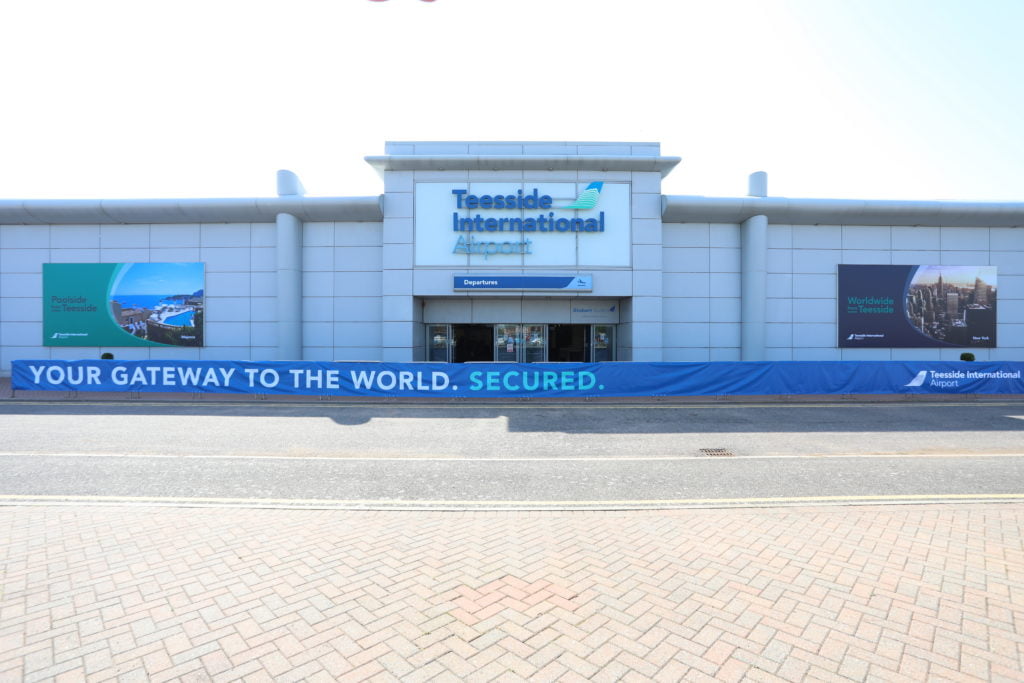Teesside International Airport

The vision for the project is:
‘‘To secure for Tees Valley an internationally connected airport and aviation orientated business park which will continue to support indigenous economic growth and act as a catalyst for enhanced inward investment and tourism activity.’’
The airport will close in 2021 if not purchased, leaving Tees Valley residents and businesses without a regional airport, the only major conurbation in the United Kingdom without such a provision. It would also see the loss of a significant employer (circa 400 direct employees).
The airport is currently operating at a loss, with declining passenger movements and negligible freight activity, at a time when neighbouring airports within the wider North of England are continuing to grow at or above national trend.
There is a need for public intervention to avoid closure of a strategic asset and the consequent reduction in annual output of £57.4 million or 1,145 jobs (including 634 jobs and £33million of output directly related to the airport) across the region.
Devolved administrations like the Welsh and Scottish Governments have recognised the strategic importance of airports. The Welsh Government has brought back into public control Cardiff on the principal of ensuring sustainable regional economic growth. Cardiff has significantly improved through a combination of public ownership and subsequent partnering with an experienced (private sector) airport management company.
Although it is possible the airport may continue to require an ongoing direct financial subsidy it will have a sizeable positive economic impact on the region. Failure to support the airport will deprive the region of a significant economic asset.
The airport will cost £40million.
The purchase price is based on the following variables:
- The operating surplus/deficit of the airport
- The land and buildings valuation of the 819-acre airport site, including two possible development sites:
- Northside development area:
- 9,600 sq m of office accommodation
- 1,900 sq m of workshops
- 12,170 sq m of warehousing
- Southside development area:
- 176,900 sq m of industrial space
When developed this space would account for around 5% of the Tees Valley office and workspace and could support an additional 3,000 jobs. These jobs are in addition to the jobs target for the airport.
Click here to view the full business case
If you have any questions about this project please contact us